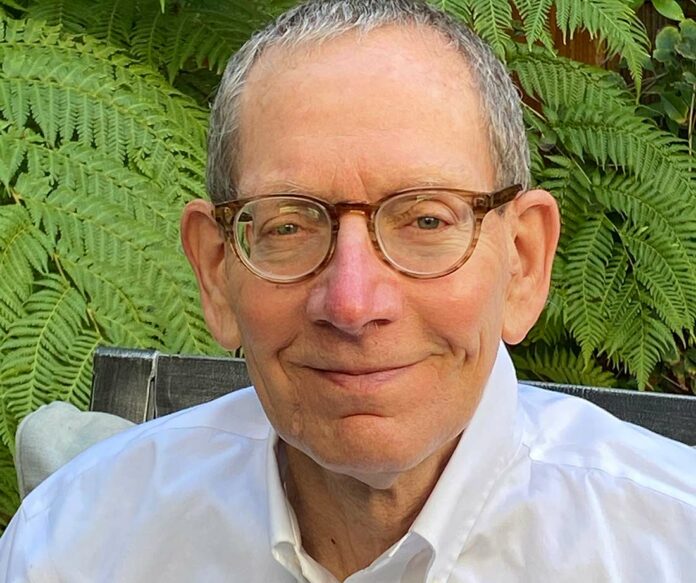Perhaps I’ve read too many articles and listened to too many podcasts decrying the level of vitriol and partisanship existing in Washington D.C. and in many communities throughout the country. Add to this sorry situation the scenes of conflict I’ve seen on television and those I’ve witnessed at some recent Los Gatos town council meetings. The toxicity makes me want to see something done before another terrible event occurs.
My background and work as a mediator impel me to want to pursue mediation for every major issue I read about, hear about or witness. It’s an affliction or a blessing, depending on the day and my mood. Presently, I am compelled to argue that Los Gatos, like innumerable communities throughout the country, needs a mediation program for resolving local disputes. There are limits to what is feasible but that should not prevent our town from considering the idea.
For several years I served as a volunteer mediator with Palo Alto’s Mediation Program, which handles hundreds of landlord tenant disputes, neighbor-to-neighbor disputes, and disputes between merchants and customers nearly every year. The program is very successful, and it costs the city little since the trained mediators are volunteers.
Most of the cases in Palo Alto are landlord tenant disputes. Los Gatos has a rental dispute resolution program, which covers many types of disputes between a current tenant and the landlord. These include rental increases, repairs and maintenance, and invasion of privacy. The program is administered by Project Sentinel in Santa Clara, which also administers Palo Alto Mediation Program’s landlord tenant program. However, Los Gatos does not have a formal community-based program to address neighbor-to-neighbor disputes, merchant-customer disputes, or other types of disputes.
Through my involvement with the Palo Alto Mediation program I learned about SEEDS Resolution Center, which is a 501(c)(3) nonprofit community-based organization that has been providing mediation, facilitation, training and restorative justice to residents, organizations and schools in the Bay Area since 1983.
SEEDS mediates disputes between neighbors, friends, families, landlords and tenants, those in business relationships, and court litigants. It also provides conflict resolution counseling services, it refers disputants to other services and agencies, and it serves as a resource for people wanting to learn about mediation and other alternate dispute resolution related issues and activities. SEEDS also facilitates programs to guide organizations and groups in their deliberation and decision-making processes and it holds workshops and training for individuals, corporations and city agencies in conflict resolution. SEEDS additionally provides training on restorative justice practices for individuals, schools, and other organizations.
Berkeley Dispute Resolution Service (BDRS), which started in the early 1980s and which eventually merged with SEEDS, provides a potential model for the approach Los Gatos might take to implement a community-based mediation program. BDRS arose when a committee formed by the Berkeley Mayor and City Manager determined that conflict impaired civility and brought gridlock to some aspects of civic life. Do those problems sound familiar? The committee recommended that the city provide initial funding to a group of citizens who had begun developing an independent, community-based conflict resolution program. This financial and vocal support from the city allowed BDRS to get going.
In addition to offering community mediation services, BDRS piloted city-based services in Alameda County, using mediation as an integral part of administrative processes for zoning/land use permits, tree-view ordinances and police-citizen complaints.
A mediation program in Los Gatos could begin by handling neighbor-to-neighbor disputes, merchant and customer disputes, and family disputes. It could then, after mediators receive additional training, move on to handling disputes between perpetrators and victims of minor crimes and handling other types of disputes, including administrative matters. As with the existing programs administered by Project Sentinel, mediators could be recruited and trained to mediate.
Residents concerned with the poor quality of civic engagement we sometimes see or who are interested in otherwise working through mediation to make our town a more unified place to live and work, should contact me to discuss next steps, which logically includes preparing a community-based mediation business model to present to the town council. My email address is bl*****@*ol.com.
Jeffrey P. Blum is a family law mediator who lives in Los Gatos.










